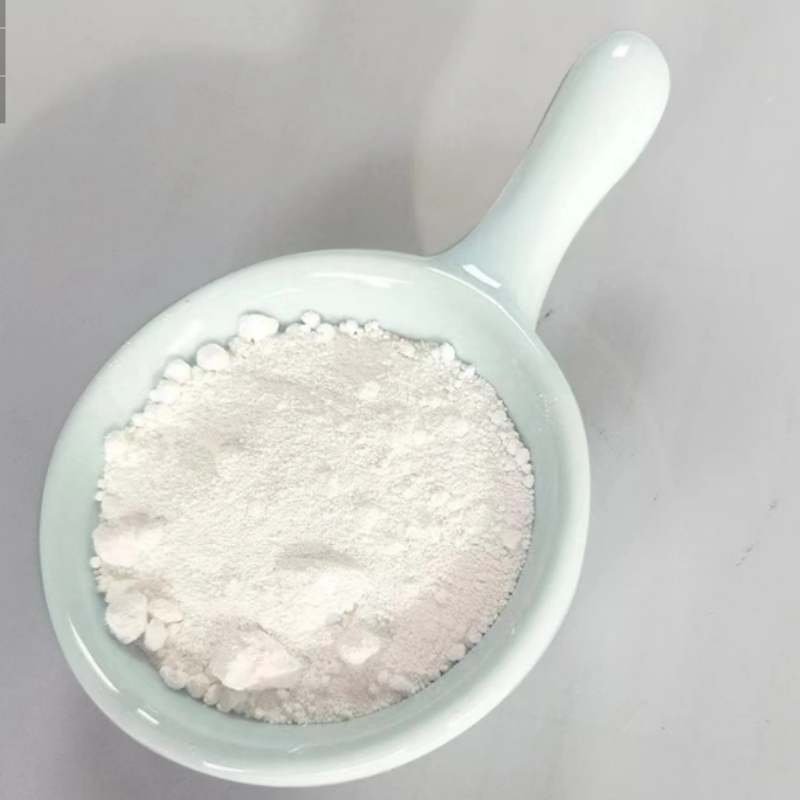-
Categories
-
Pharmaceutical Intermediates
-
Active Pharmaceutical Ingredients
-
Food Additives
- Industrial Coatings
- Agrochemicals
- Dyes and Pigments
- Surfactant
- Flavors and Fragrances
- Chemical Reagents
- Catalyst and Auxiliary
- Natural Products
- Inorganic Chemistry
-
Organic Chemistry
-
Biochemical Engineering
- Analytical Chemistry
-
Cosmetic Ingredient
- Water Treatment Chemical
-
Pharmaceutical Intermediates
Promotion
ECHEMI Mall
Wholesale
Weekly Price
Exhibition
News
-
Trade Service
Sodium caseinate is a widely used protein in the food and chemical industries.
It is derived from the milk of cows and is known for its ability to emulsify and stabilize a variety of products.
In the chemical industry, sodium caseinate is used in a variety of applications, including the production of plastics, textiles, and paper.
One of the key benefits of using sodium caseinate in the chemical industry is its ability to act as an emulsifier.
An emulsifier is a substance that helps to suspend one liquid in another, creating a stable mixture.
In the production of plastics and textiles, for example, sodium caseinate can be used to help mix different components and create a homogeneous product.
This can help to improve the performance and quality of the end product.
Sodium caseinate is also used in the production of paper.
In this application, it is used to help improve the wet-strength properties of the paper.
This means that the paper is able to withstand exposure to water and other liquids without falling apart or disintegrating.
The use of sodium caseinate can help to improve the overall strength and durability of the paper, which is especially important in applications such as printing and writing.
In addition to its emulsifying and stabilizing properties, sodium caseinate is also known for its ability to improve the texture and taste of a variety of products.
This makes it a popular ingredient in food and beverage processing, where it can be used to improve the texture and consistency of products such as ice cream, cheese, and dairy products.
The use of sodium caseinate in the chemical industry is not without its challenges, however.
One of the key challenges is the potential for the protein to cause allergic reactions in some individuals.
As such, it is important to carefully manage the use of sodium caseinate and to clearly label any products that contain it.
Another challenge is the potential for sodium caseinate to interact with other ingredients in a product.
This can lead to changes in the texture and consistency of the product, which may or may not be desirable.
As such, it is important to carefully monitor and control the use of sodium caseinate in order to ensure consistent product quality.
Despite these challenges, sodium caseinate remains a popular ingredient in the chemical industry.
Its ability to act as an emulsifier and stabilizer, as well as its ability to improve the texture and taste of products, make it a valuable asset for companies that produce plastics, textiles, and paper.
With careful management and control, sodium caseinate can be a valuable addition to the chemical industry.







